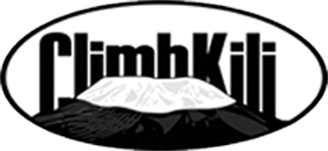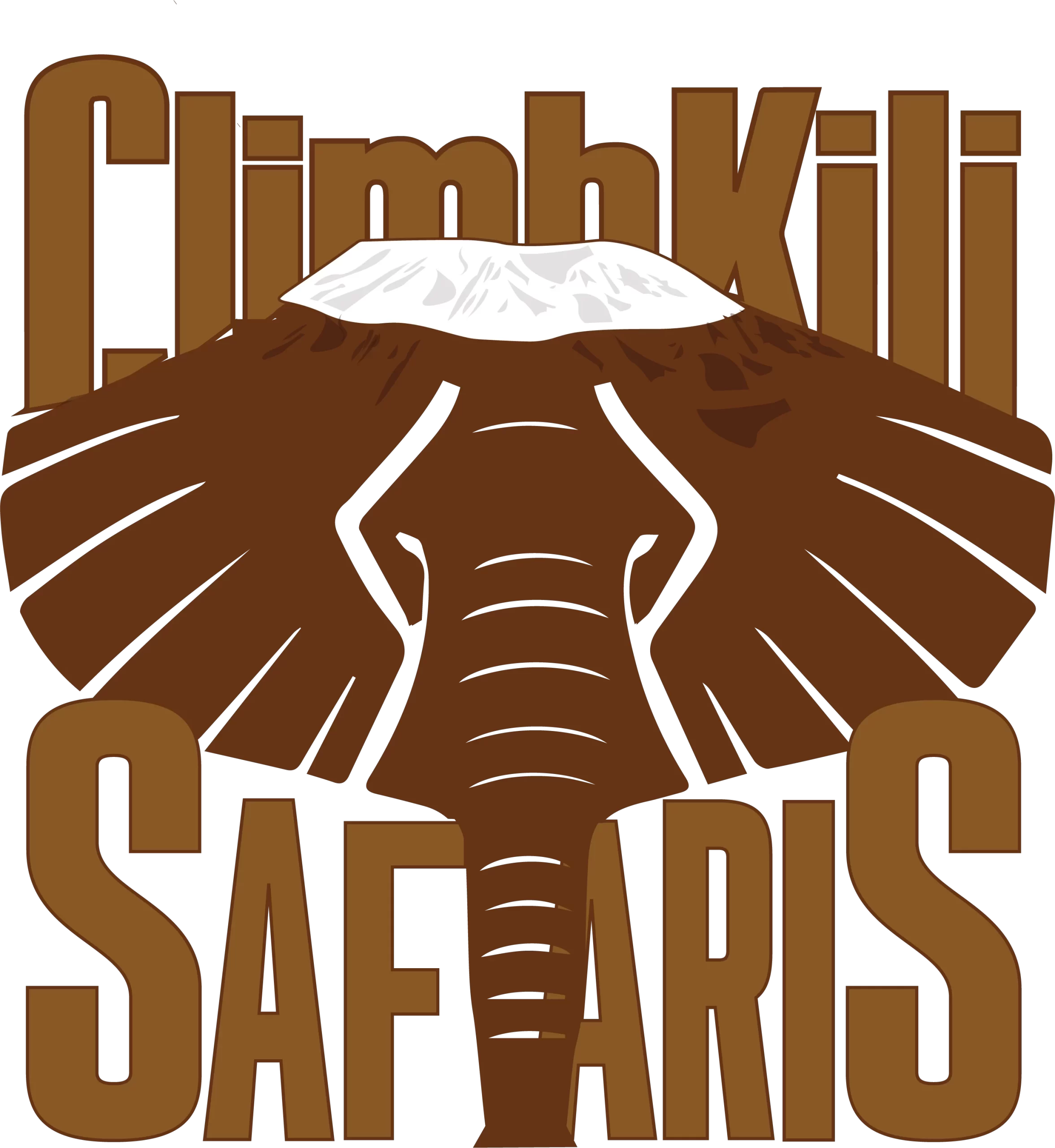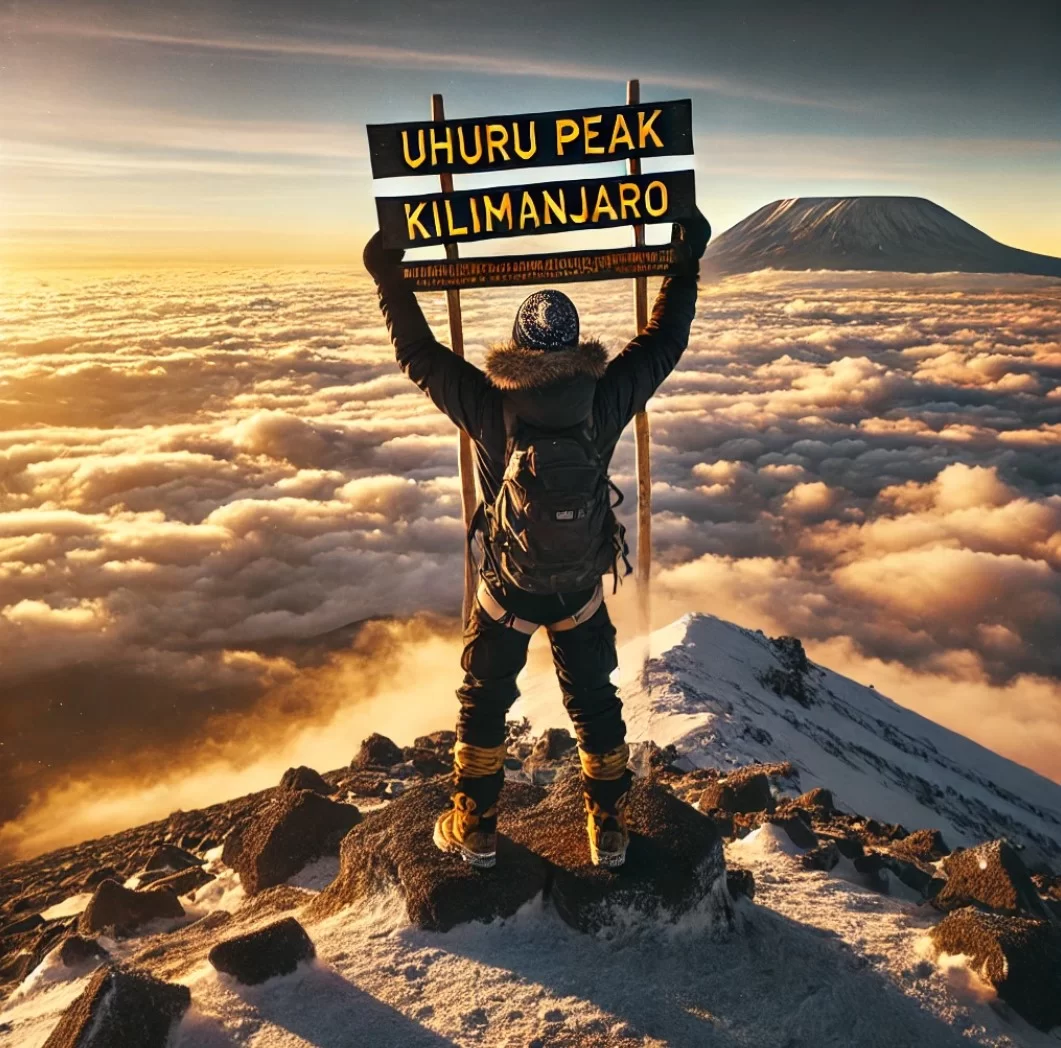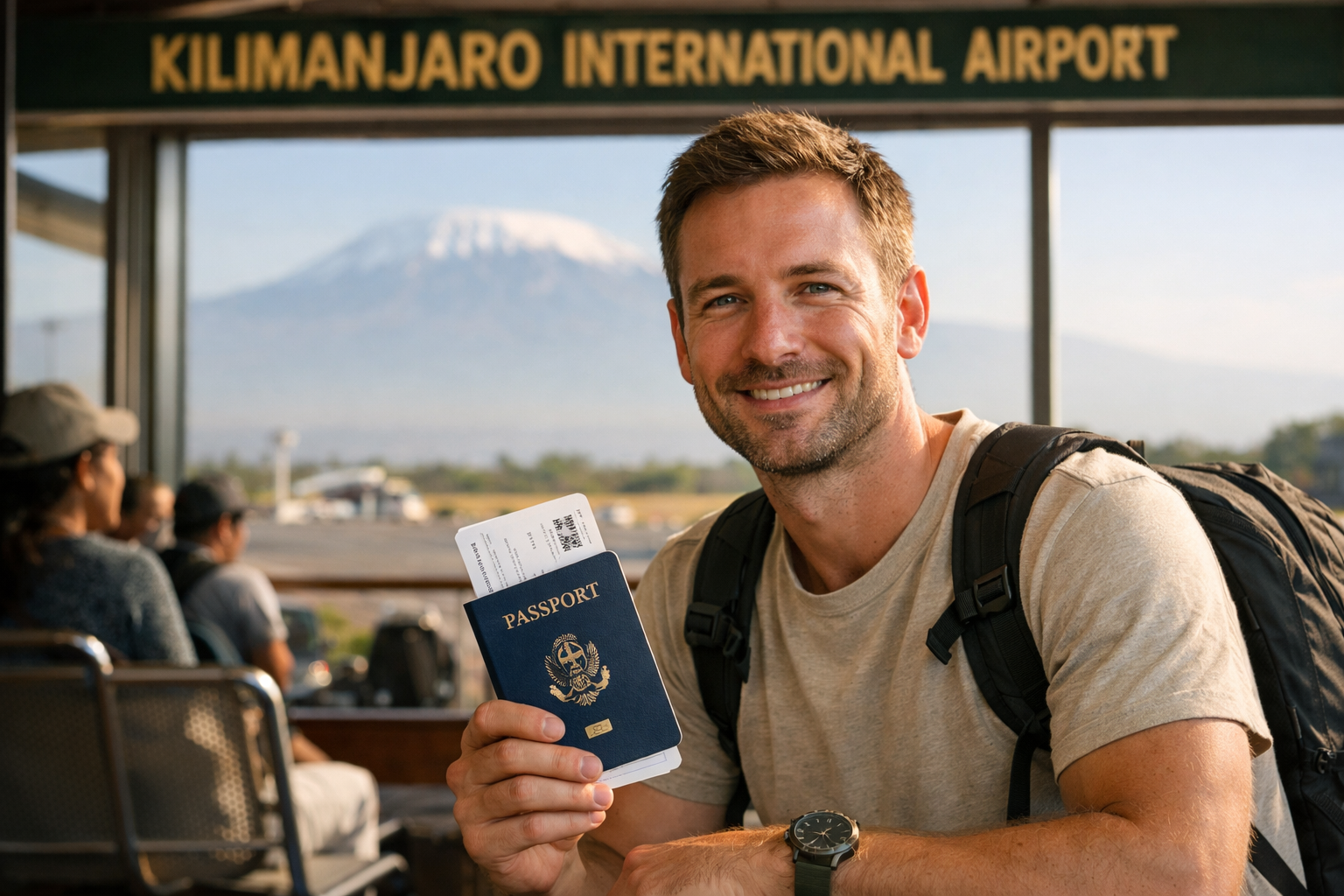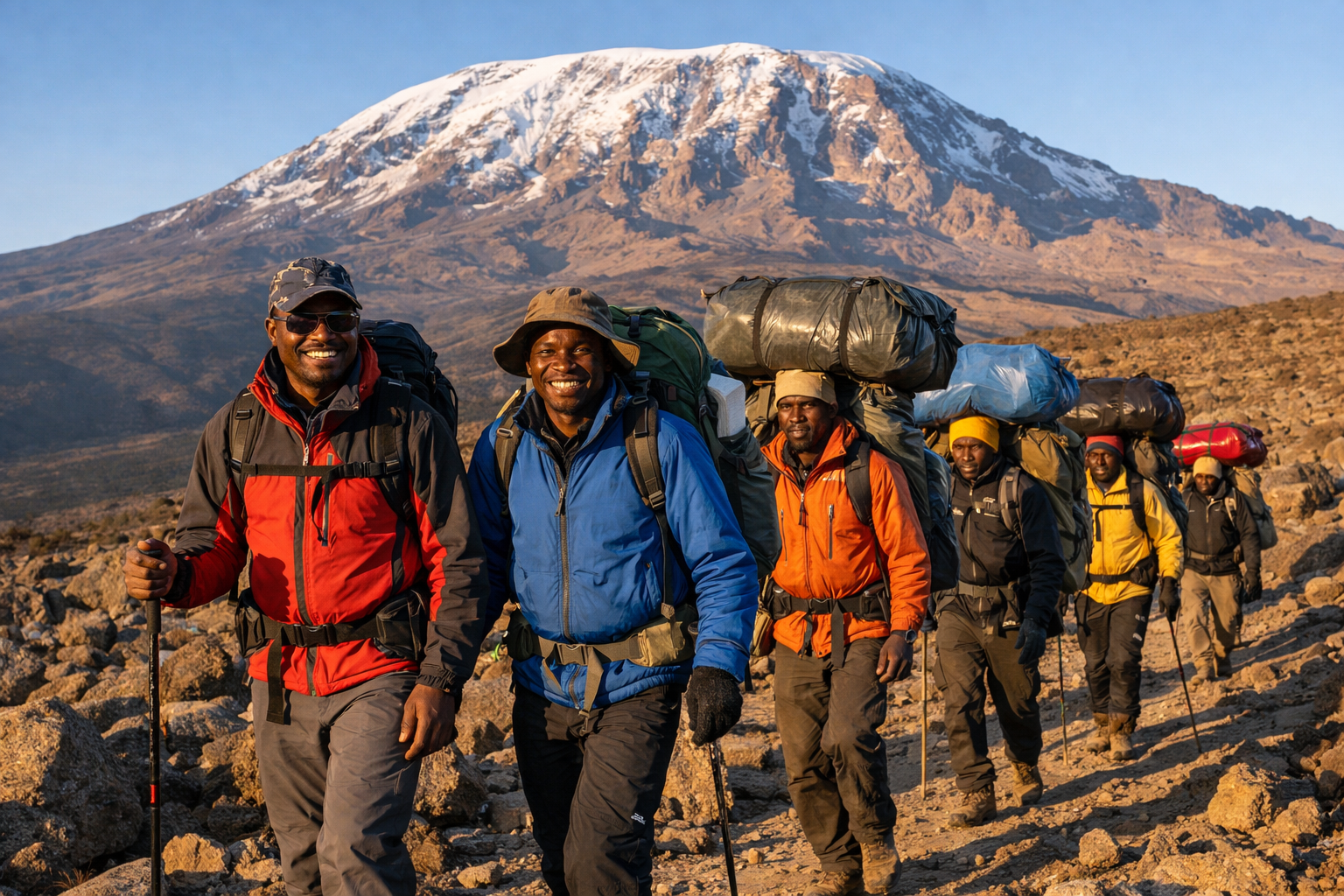Climbing to the top of Africa’s Mount Kilimanjaro is quite an accomplishment and can be achieved a lot easier if you are properly prepared for the trek. This means you need to take along the right clothing and equipment and be prepared for the altitude adjustment. The mountain, which sits in Tanzania, is just over 19,000 feet in height and is often referred to as the Roof of Africa.
When it comes to clothing, you should take several layers of it. Some of the best items you can take include thermal socks, underwear, and vests, sweaters, fleece tops, a weather suit, wind and rain-resistant trekking pants, a balaclava/hat, gloves, light pants, t-shirts, and trekking boots. Try to stay away from cotton as it absorbs water. Be sure to break in your boots well ahead of the climb. The last thing you want is a foot full of blisters.
You don’t want to take too much with you or anything that’s unnecessary. If you’re hiring a trekking company to make the climb then somebody else will be carrying some of your gear to each different station along the way. However, you’ll want to carry along items such as food and clothing and can transport it in a backpack. You’ll need plenty of water as you might find yourself drinking just over a gallon of it each day. You should drink at regular intervals even if you’re not thirsty. This will keep you hydrated.
You can usually find a source of fresh water on the climb, but it’s a good idea to take along some water purification tablets just in case. It’s always better to be safe than sorry. As you get higher you may start to feel a little bit dizzy or get slight headaches. It’s essential to have some type of pills such as Tylenol or Ibuprofen with you for relief. Your food supply should be pretty rich in carbohydrates.
You can take along some items that are easy to carry such as lentils, cereal bars, and nuts. At the foot of the mountain you’ll be able to rent a sleeping bag if you don’t have one already. You can also rent hiking poles and flashlights there.
Conquering Mount Kilimanjaro means you’ll have to hike through rocky terrain, grassland, and forest. You also need to be prepared for a variety of weather conditions including cold winds and hot sun. Make sure you cover your neck and face during the climb as they can easily blister. A windbreaker will also help as the wind is usually what drives the temperature down on the mountain.
Take your time when making the climb. The mountain isn’t going anywhere and this will help you to avoid what is commonly known as altitude sickness. There’s no rush to get to the peak and your body will serve you better if it can adjust to the altitude differences. This will allow you to feel better and provide you with more energy.
You can’t climb the mountain without a licensed guide and there’s a good reason for this. These people know the mountain well and can serve several functions. They will be able to motivate and navigate you and will be there in case you need first aid or help carrying your water. They can also simply be your friend and that can be very helpful on your trek. Because of their expertise, a guide will be able to advise you and they should be listened to if you’re ever in doubt and need guidance.
